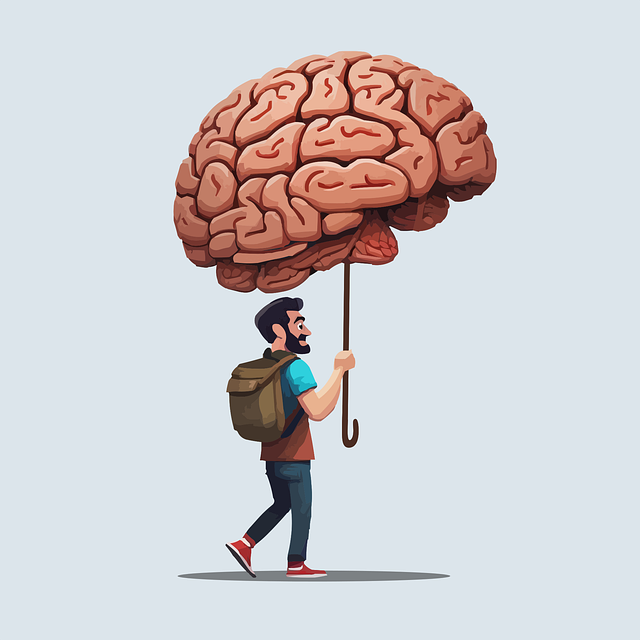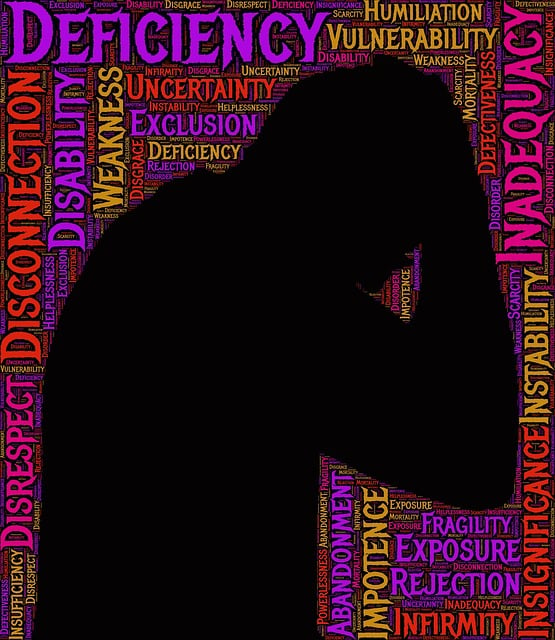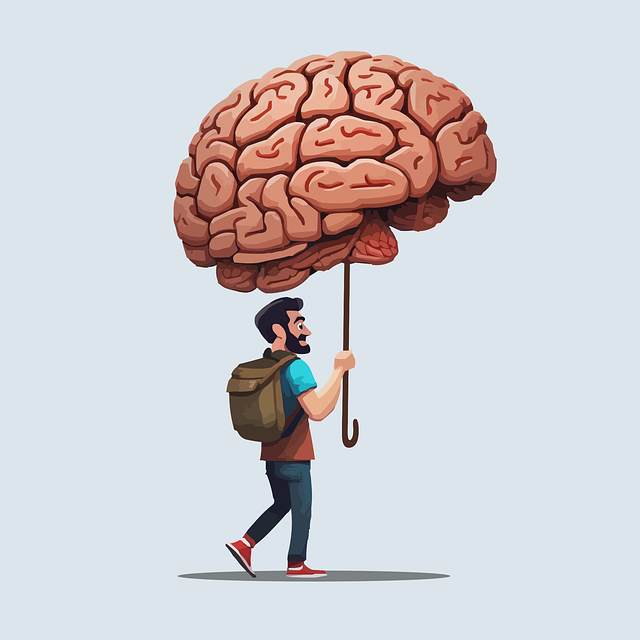Adolescent substance abuse is a complex issue addressed by Dialectical Behavioral Therapy (DBT), which teaches teens emotion regulation, distress tolerance, and interpersonal skills. This structured therapy combines individual sessions and group training, fostering resilience against triggers through mindfulness practices. Integrating DBT with social skills training and family-based interventions creates a holistic approach that equips teens with coping mechanisms, reduces stress, and promotes healthier alternatives to substance abuse, ultimately supporting their emotional well-being.
Substance abuse among adolescents is a growing concern, with complex underlying risks and triggers. This article delves into comprehensive strategies for risk reduction, focusing on evidence-based approaches like Dialectical Behavioral Therapy (DBT) tailored for adolescent teens. We explore the critical role of understanding teen substance abuse dynamics, implementing holistic prevention methods, and leveraging supportive measures at home, school, and within the community. By examining these key aspects, we aim to equip parents, educators, and communities with effective tools to foster healthier choices among young individuals.
- Understanding Adolescent Substance Abuse: Risks and Triggers
- The Role of Dialectical Behavioral Therapy (DBT) in Risk Reduction
- Comprehensive Strategies for a Holistic Approach to Prevention
- Supportive Measures: Family, School, and Community Interventions
Understanding Adolescent Substance Abuse: Risks and Triggers

Adolescent substance abuse is a complex issue with multifaceted risks and triggers. During their formative years, teens are more susceptible to peer pressure and emotional turmoil, which can lead to experimenting with drugs or alcohol as a coping mechanism. Understanding these underlying factors is crucial in developing effective risk reduction strategies.
Dialectical Behavioral Therapy (DBT) has emerged as a valuable approach for addressing substance abuse among adolescents. DBT focuses on teaching skills in emotion regulation, distress tolerance, and interpersonal effectiveness. By enhancing teens’ ability to manage their emotions and build empathy for themselves and others, these strategies can help prevent or mitigate substance abuse. Additionally, encouraging mental wellness journaling exercises can provide adolescents with a safe space to express their feelings, track triggers, and develop healthier coping mechanisms, fostering overall resilience and well-being.
The Role of Dialectical Behavioral Therapy (DBT) in Risk Reduction

Dialectical Behavioral Therapy (DBT) is a highly effective approach for substance abuse risk reduction, particularly tailored for adolescent teens. This therapy focuses on teaching crucial skills in emotional regulation, distress tolerance, mindfulness, and interpersonal effectiveness, empowering young individuals to navigate their emotions and challenges in healthier ways. By integrating these mind over matter principles, DBT helps build resilience against the pressures and temptations that may contribute to substance abuse.
The structured nature of DBT, often delivered in individual therapy sessions and group skills training, provides a supportive environment for teens to learn and practice these valuable coping mechanisms. Through this therapy, they gain better control over their emotional responses, enabling them to make more thoughtful decisions regarding their well-being. DBT’s emphasis on mindfulness encourages present-moment awareness, helping adolescents avoid impulsive actions that could lead to substance abuse.
Comprehensive Strategies for a Holistic Approach to Prevention

A comprehensive approach to substance abuse prevention involves strategies that cater to the holistic development of individuals, especially adolescents and teens. Beyond traditional intervention methods, integrating therapeutic techniques such as Dialectical Behavioral Therapy (DBT) offers a robust framework for risk reduction. DBT combines cognitive-behavioral therapy with mindfulness practices, teaching young people essential skills in emotion regulation, distress tolerance, interpersonal effectiveness, and mindfulness—all crucial components for building resilience against substance abuse.
Incorporating social skills training and crisis intervention guidance further enhances this holistic approach. Social Skills Training equips individuals with the ability to navigate social situations effectively, fostering healthy relationships and reducing the appeal of substance-using peer groups. Crisis Intervention Guidance provides essential tools for managing high-risk crises, enabling individuals to make informed decisions in stressful or challenging circumstances. Concurrently, Inner Strength Development encourages participants to cultivate their innate resilience, self-confidence, and coping mechanisms, thereby empowering them to steer clear of substance abuse as they navigate the challenges of adolescence.
Supportive Measures: Family, School, and Community Interventions

Supportive measures play a pivotal role in mitigating risks associated with substance abuse among adolescents. Family-based interventions have proven effective in early detection and prevention. By fostering open communication, parents and caregivers can identify potential issues and guide teens towards healthier alternatives. Therapy for adolescent teens, such as Dialectical Behavioral Therapy (DBT), equips them with essential coping skills to manage stress and emotional challenges without resorting to substance abuse.
School and community interventions also contribute significantly. Comprehensive programs focusing on mental wellness, including stress management techniques and social skills training, can create a supportive environment. These initiatives not only educate teens about the dangers of substance abuse but also provide them with outlets for emotional expression and social connection, reducing their reliance on harmful coping mechanisms.
Substance abuse among adolescents is a complex issue, but through comprehensive strategies that include dialectical behavioral therapy (DBT) and supportive measures from families, schools, and communities, we can significantly reduce associated risks. By understanding the triggers and implementing holistic approaches to prevention, we empower teens with tools to make healthier choices, fostering a brighter future free from the adverse impacts of substance abuse.














